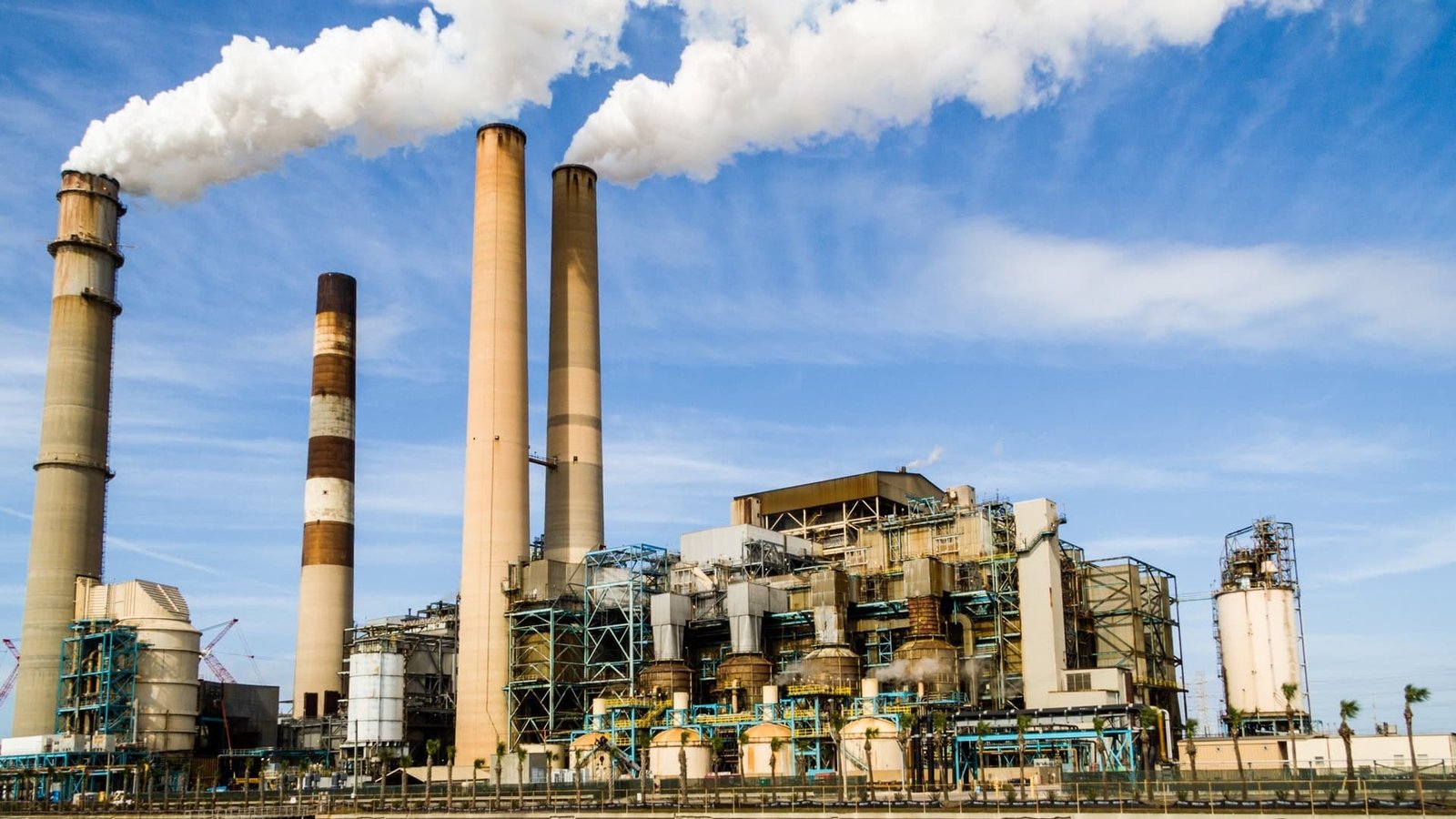As the global emphasis on sustainability intensifies, industries are increasingly recognizing the importance of integrating eco-friendly practices into their operational models. This article explores how green innovations are reshaping industrial environments, reducing environmental footprints, and paving the way for a future where economic growth and environmental stewardship go hand in hand.
The Imperative of a Sustainable Industrial Environment
Industrial operations have long been associated with significant environmental challenges—from greenhouse gas emissions to waste disposal issues. However, the shift towards sustainability is driven by both regulatory pressures and the growing awareness that long-term profitability is intertwined with environmental responsibility. Sustainable practices not only help in mitigating pollution but also boost operational efficiency, enhance brand reputation, and open new avenues for innovation.
Advances in Green Technologies
Renewable Energy Integration
One of the most transformative changes in industrial operations is the adoption of renewable energy sources. Solar, wind, and geothermal energy are increasingly powering factories and production facilities, reducing reliance on fossil fuels and cutting down on carbon emissions. This shift not only minimizes the environmental impact but also offers industries a buffer against volatile energy prices.
Energy-Efficient Equipment
Modern industrial equipment is designed with energy efficiency in mind. From smart sensors that optimize machine performance to advanced automation systems that reduce energy waste, these innovations play a pivotal role in minimizing energy consumption. Retrofitting older machinery with modern technologies further accelerates the transition to greener operations.
Waste Management and Circular Economy
Innovative waste management practices are transforming the way industries handle byproducts and discarded materials. Recycling initiatives, waste-to-energy technologies, and the implementation of circular economy principles ensure that waste is minimized and resources are reused. This not only reduces environmental harm but also creates cost-saving opportunities by turning waste into a valuable resource.
Implementing Eco-Friendly Practices
Process Optimization
Optimizing industrial processes to reduce energy consumption and material waste is a cornerstone of sustainable operations. Techniques such as lean manufacturing and Six Sigma help companies streamline processes, eliminate inefficiencies, and reduce environmental impact while maintaining high production standards.
Green Building and Infrastructure
Sustainable industrial facilities are increasingly being built with green architecture in mind. Energy-efficient designs, sustainable building materials, and smart infrastructure contribute to lower energy consumption and reduced environmental impact. Green buildings also improve indoor environmental quality, benefitting worker health and productivity.
Regulatory Compliance and Beyond
Compliance with environmental regulations is the minimum standard for modern industries. However, forward-thinking companies strive to exceed these benchmarks by adopting voluntary certifications such as ISO 14001, which demonstrates a commitment to continuous environmental improvement. Such proactive measures not only mitigate risks but also position companies as leaders in sustainability.
Challenges and Future Prospects
Despite the promising advancements, industries face several challenges on the road to full sustainability:
- Upfront Investment: Transitioning to green technologies and sustainable practices often requires significant upfront costs. However, these investments typically pay off over time through reduced operational expenses and enhanced efficiency.
- Technological Integration: Integrating new green technologies with existing legacy systems can be complex. Industries must adopt phased approaches and invest in staff training to ensure smooth transitions.
- Global Disparities: While many developed nations have the resources to implement green innovations, industries in developing regions may struggle with financial and technical barriers. Global collaboration and supportive policies are essential to bridge this gap.
Looking forward, the future of industrial sustainability appears bright. Advances in artificial intelligence, IoT, and data analytics are poised to further enhance resource management and operational efficiency. As regulatory frameworks become more stringent and consumer demand for sustainable products rises, industries will increasingly see green innovations not just as a compliance requirement, but as a competitive advantage.
Conclusion
Green innovations are revolutionizing industrial operations, proving that sustainability and economic success can coexist. By integrating renewable energy, optimizing processes, and adopting cutting-edge technologies, industries are reducing their environmental footprints while driving operational excellence. The journey toward a sustainable industrial future is filled with challenges, yet it offers immense rewards—ensuring a healthier planet, a robust economy, and a legacy of environmental stewardship for generations to come.
Discover more from HSEProHub
Subscribe to get the latest posts sent to your email.



